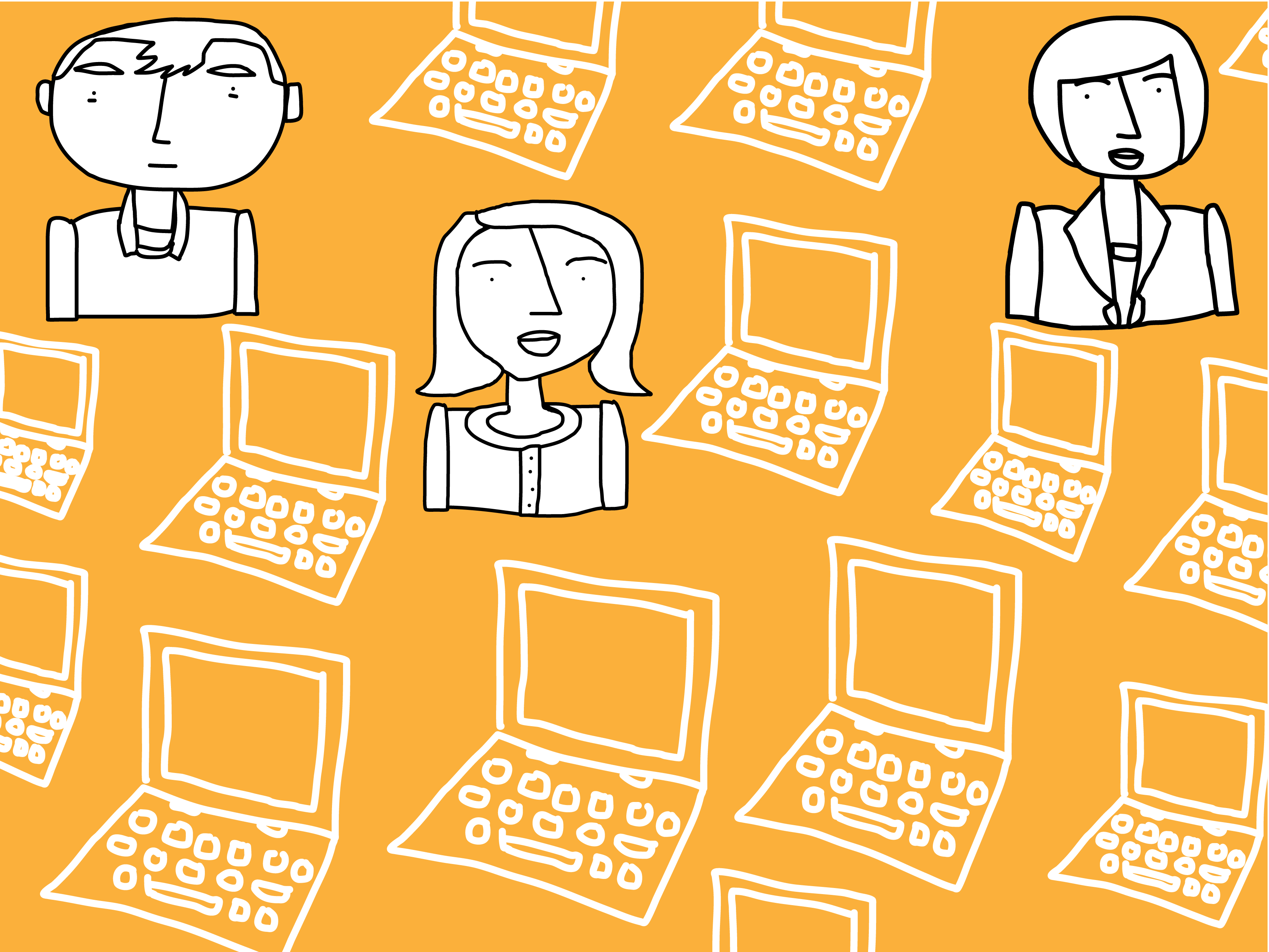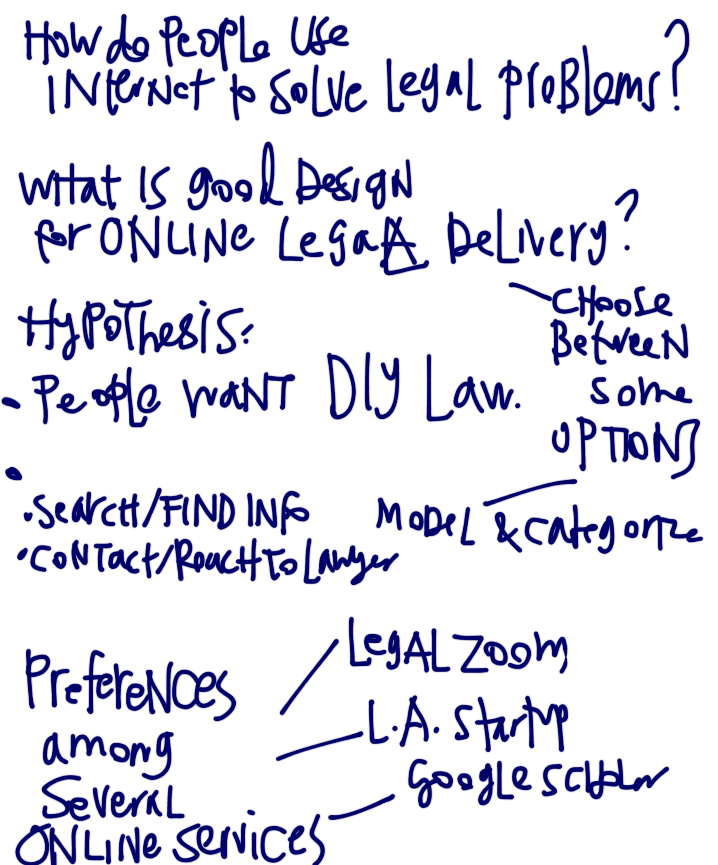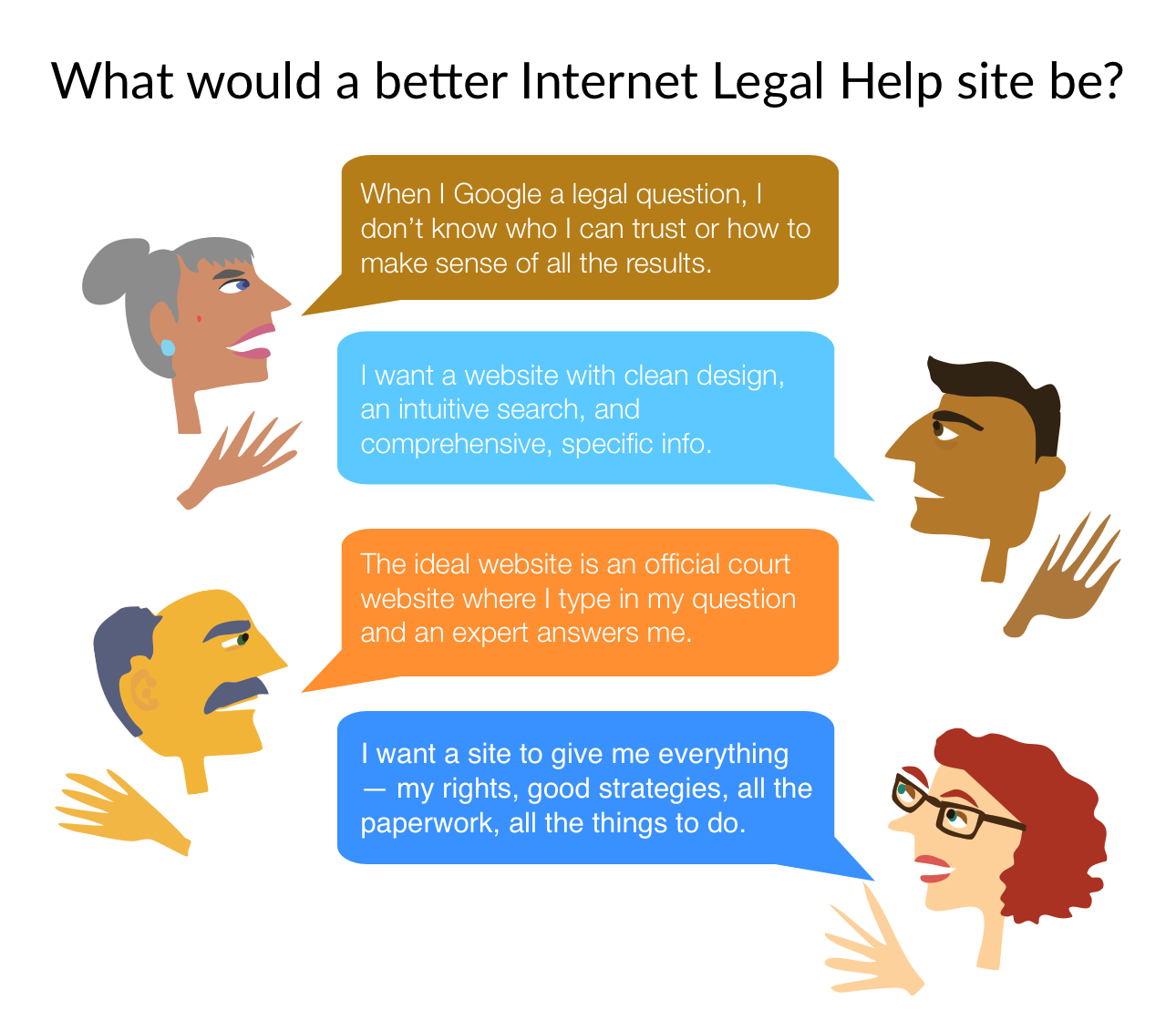I’m working this week on pulling together an academic paper I’ve been writing on best practices & design standards for online legal resource sites, aimed at helping lay people begin to address a legal problem that’s cropped up in their life.
In my literature review, I keep circling back to articles coming out of University College London, which has done a large amount of quantitative & qualitative study of tech-based legal resources. These studies tend to be fairly skeptical of tech’s potential to help people actually resolve their legal issues.
The article Just a phone call away: Is telephone advice enough? from Nigel Balmer, Marisol Smith, Catrina Denvir and Ash Patel, compares the efficiency & quality of the experience of legal help given face to face, versus that provided over the telephone. It finds that telephone-based advice takes significantly longer than face to face.
It also runs down a shortlist of advantages & drawbacks of tech-based legal help. Tech-based legal help tools offer some main advantages to face-to-face services:
- immediacy
- convenience, enhances ease of access
- lower cost to the service providers
Tech-based legal help may offer advantages to those users who have certain constraints:
- mobility issues,
- rural homes,
- time pressures,
- caring responsibilities,
- without private transport
But it may not serve others:
- those with difficulty communicating their needs and situation
- those without good English language skills
- those who don’t have access to tech in a private setting
Other article from UCL researchers dig into specific demographics’ use of tech-based legal help. These pieces try to deflate the notion that the Internet will change access to justice in a major way, by looking into the limitations of how various groups engage (or do not) internet-based help.
The article Portal or pot hole? Exploring how older people use the ‘information superhighway’ for advice relating to problems with a legal dimension considers how people over 60 search the Internet for help — finding that most of this population in the UK do not use the Internet to find help, except for the ‘young aging’ who are more willing to try tech-based solutions.
On the other end of the age spectrum, the article Surfing the web – Recreation or resource? Exploring how young people in the UK use the Internet as an advice portal for problems with a legal dimension finds that even if young people in the UK have grown up with more technology in their lives, many still do not know how to effectively access legal help online.
The UCL researchers seem to be circling around skepticism about the promise of the Internet to revolutionize access to justice. When they look at UK data sets about lay people’s use of Internet & phone-based resources, they find many shortcomings. Some of them are about users’ general lack of technological literacy & comfort, some of them are about the difficulty for a tech-literate person to navigate the Internet to effectively find relevant & rich help.
To me, this means that we should not stake all our work on exclusively Internet-based resources — but that we should still be investing a much larger amount of research, money & development into making the Internet more usable as a legal resource. This means not only making individual legal help websites better designed — but also making search portals (especially Google) more intelligent in getting people’s search queries diagnosed as legal ones, and then dispatching them to public, non-profit sources of information that fit their jurisdiction & their situation.
Have you read any good research either examining the status quo of how lay people use the Internet for legal help — or about what new concepts, models, and requirements are for innovation in online legal help? Send it along!




2 Comments
Hi Margaret: just in case you haven’t tripped across this paper in your travels (unlikely, I know!) – http://www.qails.org.au/_dbase_upl/Qld%20CLCs%20and%20technology.pdf
My organization also did some research into formats and delivery channels a couple of years back which confirms some of the findings you discuss above: http://www.lawfoundation.on.ca/wp-content/uploads/PLEI-Formats-and-delivery-channels-in-Ontario.pdf
I hope this is somewhat helpful – and I hope that you’re able to share your paper here when it’s done!
Regards,
Kristina
[…] At Open Law Lab, Margaret Hagan has an interesting piece titled “Is the internet the place for legal help?̶…. […]